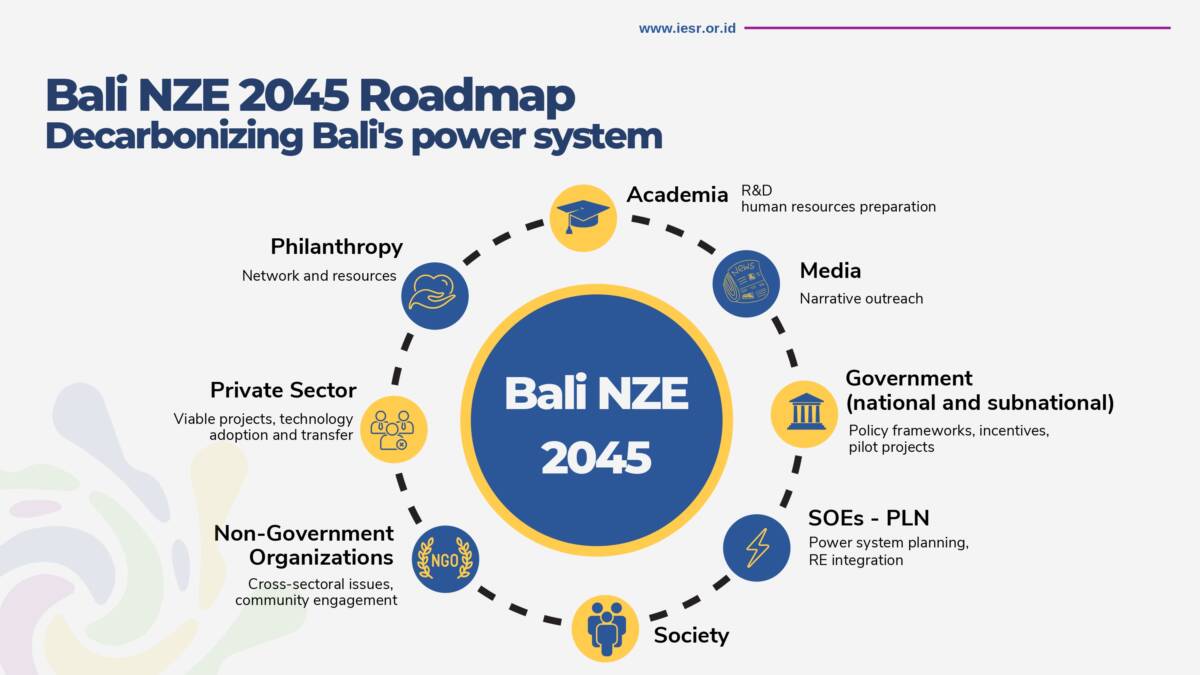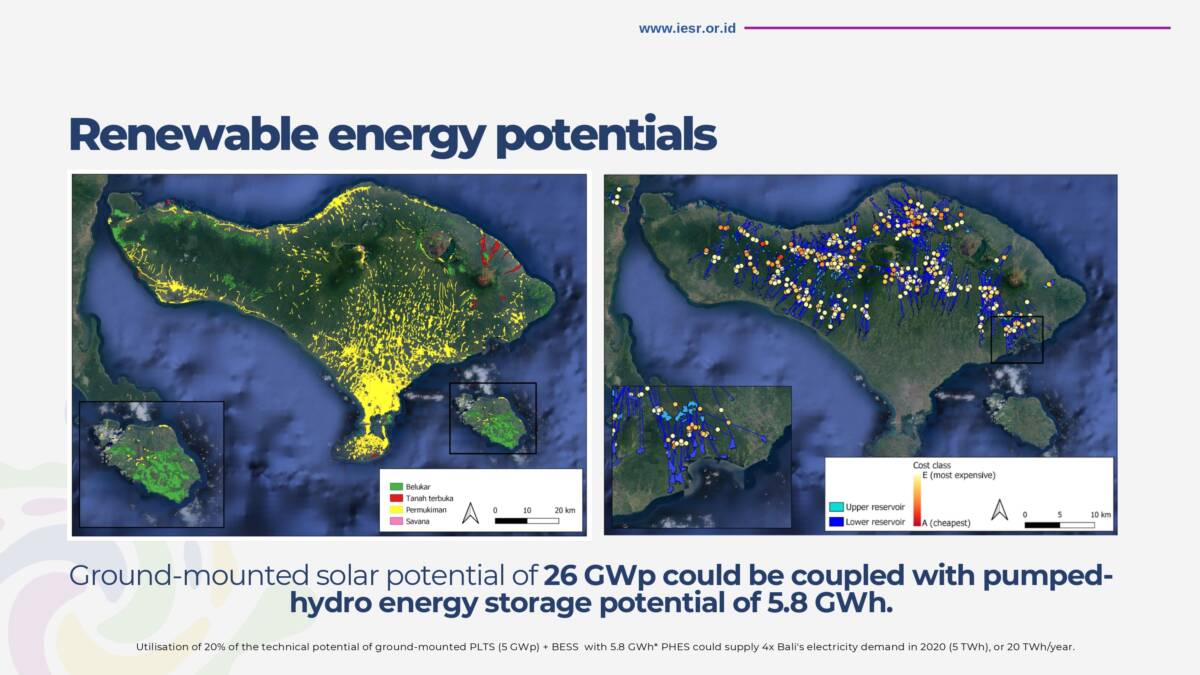Bali Net Zero Emission
Bali NZE is an initiative that aims to make Bali the first island in Indonesia to achieve zero carbon emissions.

Bali Net Zero Emission is an initiative that aims to make Bali the first island in Indonesia to achieve zero carbon emissions. This means that Bali will reduce its greenhouse gas emissions to zero or even negative, thus no longer contributing to climate change.
The initiative is part of global efforts to address the climate crisis and achieve the Paris Agreement’s goal of limiting global temperature rise to below 2 degrees Celsius. Bali has taken concrete steps to achieve this target, such as:
- Increased use of renewable energy: Bali has increased the use of renewable energy such as solar, wind, and biomass to reduce dependence on fossil fuels.
- Increased energy efficiency: Bali has made efforts to improve energy efficiency in sectors such as transportation, tourism, and industry.
- Forest preservation: Bali has made efforts to protect and restore its forests, which are natural carbon sinks.
- Public awareness raising: Bali has made efforts to raise public awareness about climate change and the importance of reducing carbon emissions.
The Bali Net Zero Emission initiative is an important step towards a more sustainable future. By achieving this target, Bali can set an example for other regions in Indonesia and the world.
Partner Bali NZE IESR:
IESR has been working closely with Bali stakeholders since 2019. IESR has contributed to multi-stakeholder discussions to draft the Bali Governor’s Regulation on Clean Energy (Pergub 45/2019) and subsequent gubernatorial circulars. IESR has also been actively engaged with the Department of Energy and Manpower, CORE Udayana University, and civil society organizations since 2020. In addition, IESR has conducted in-depth analysis for renewable energy adoption in Bali, including with CORE Udayana and the Ministry of Investment/BKPM, as well as market studies.
IESR has made concerted efforts to accelerate renewable energy deployment in Bali. IESR has conducted technical potential assessments for government buildings, public facilities, and hotels as a basis for targeted socialization and engagement. IESR has also identified financing schemes as alternatives for seed capital. A market study was conducted to understand motivations and effective key messages: environmental concern is one of the top concerns of Balinese people, highest among other cities/provinces. A hosting capacity analysis was conducted to understand the flexibility of the power system. The current grid can accept solar up to 80% of the load; the grid can also accommodate the “Surya Nusantara” proposal (replacement of subsidies with rooftop solar).
The existing Bali NZE 2045 Roadmap to decarbonize the power system in Bali involves understanding Bali’s existing power landscape, future demand projections, and analysis of renewable energy sources that can be used. Demand analysis, power system modeling, identification of renewable energy and energy storage, and potential project analysis (pre-FS) are conducted to achieve this goal.
Some of the key points in this roadmap are:
- Demand analysis (historical and survey)
- Power system analysis and modeling
- Nusa Penida 100% RE case study
- Identification of potential projects
- Roadmap development, and investment facilitation.


